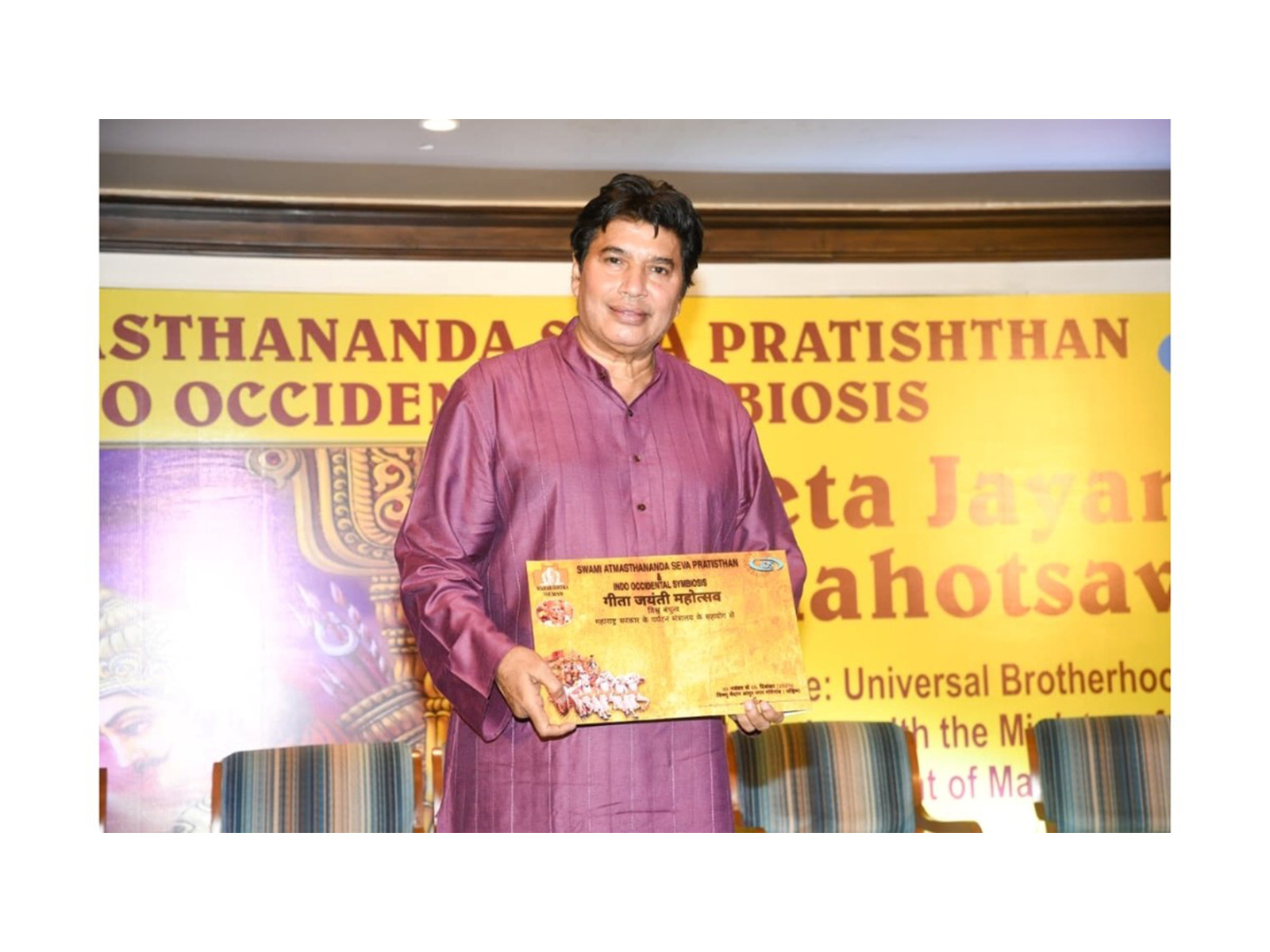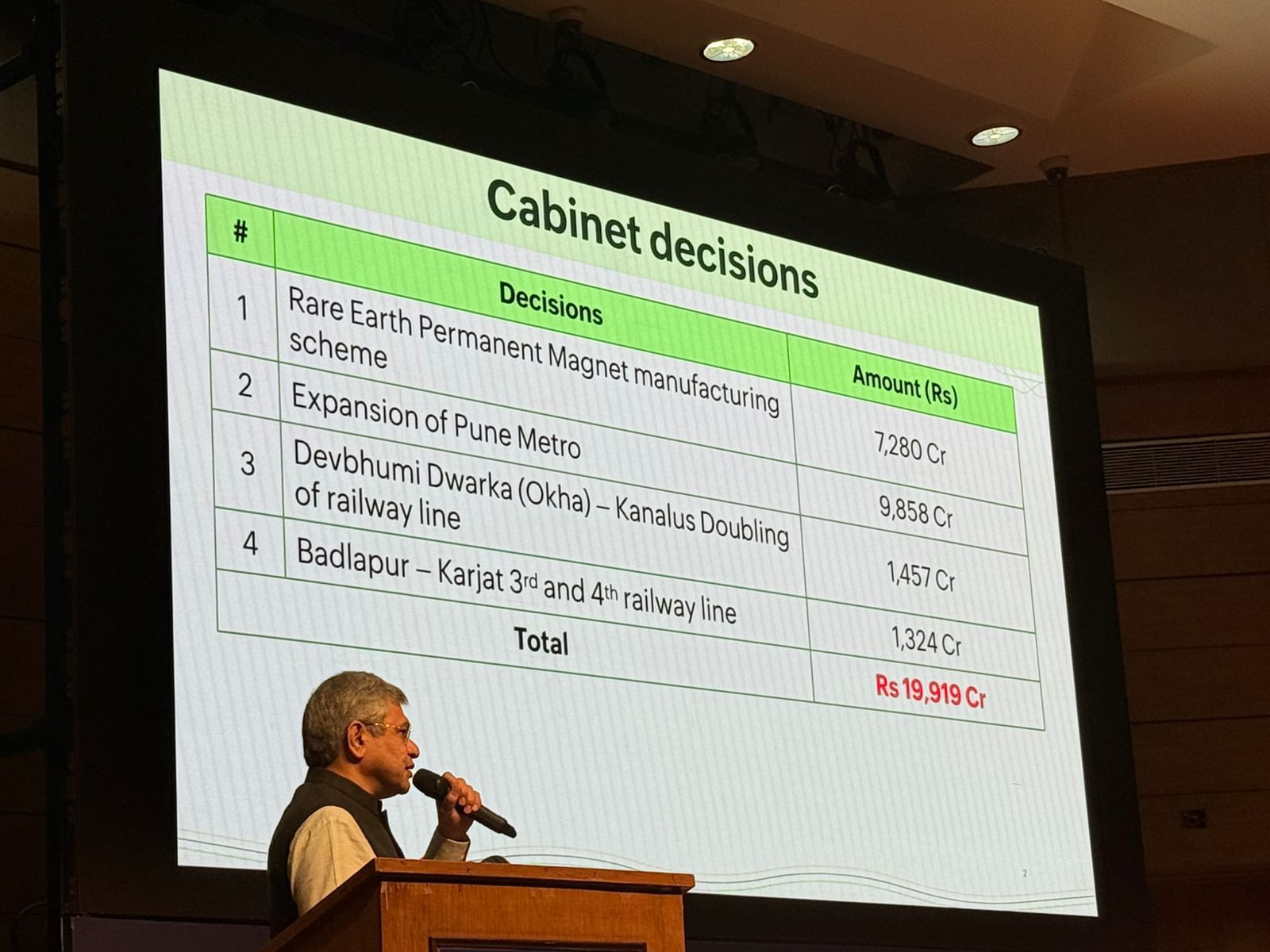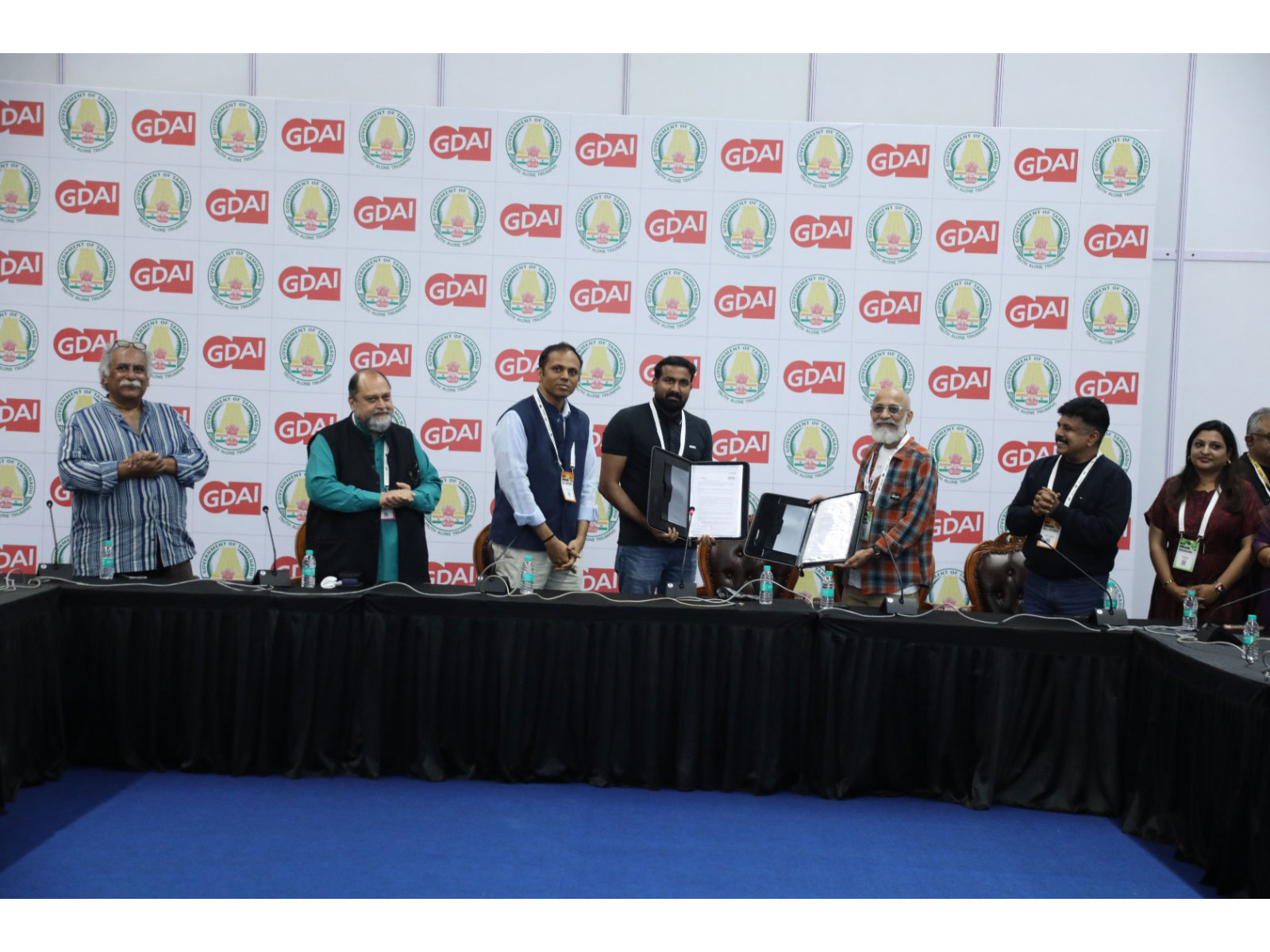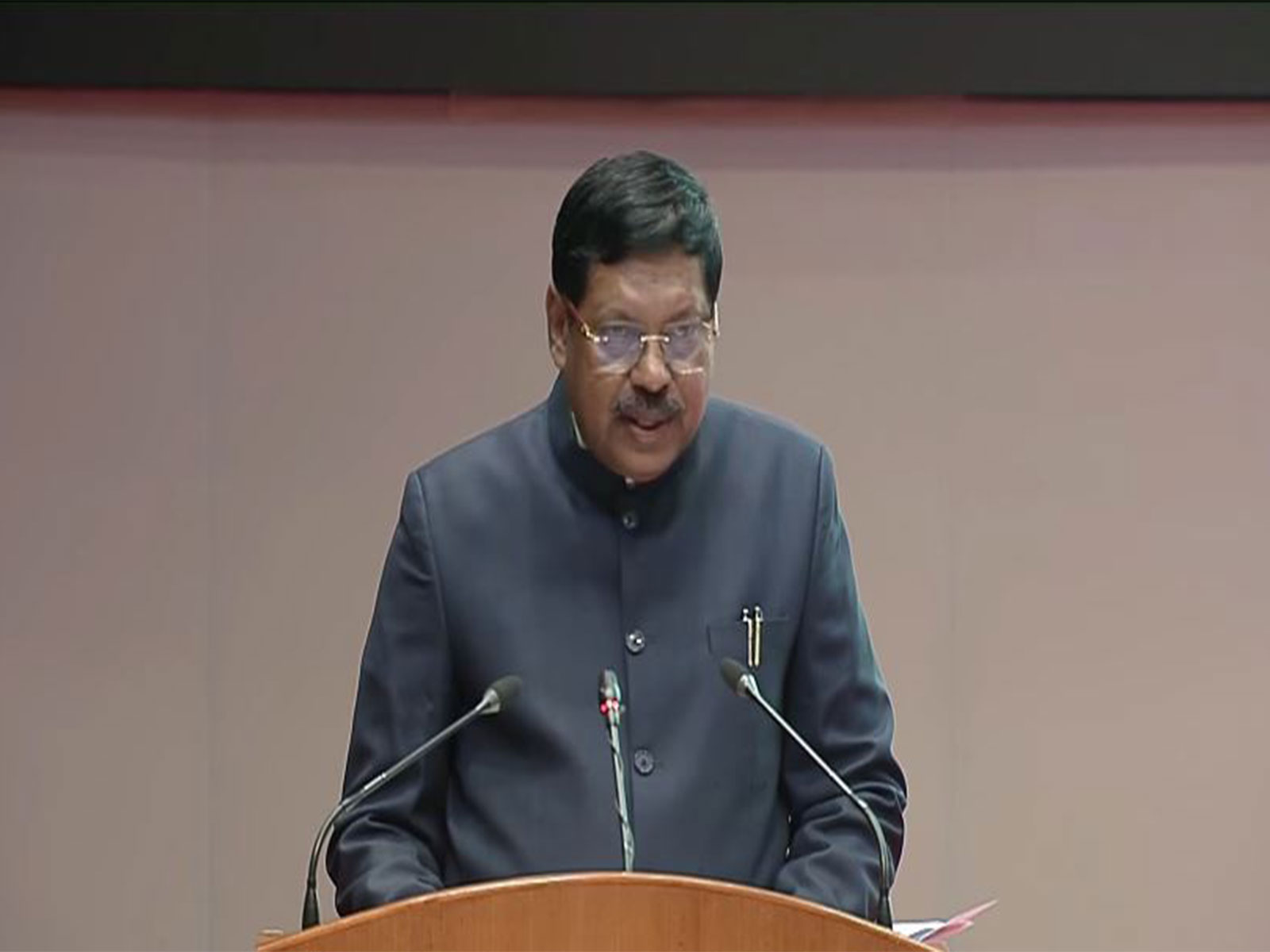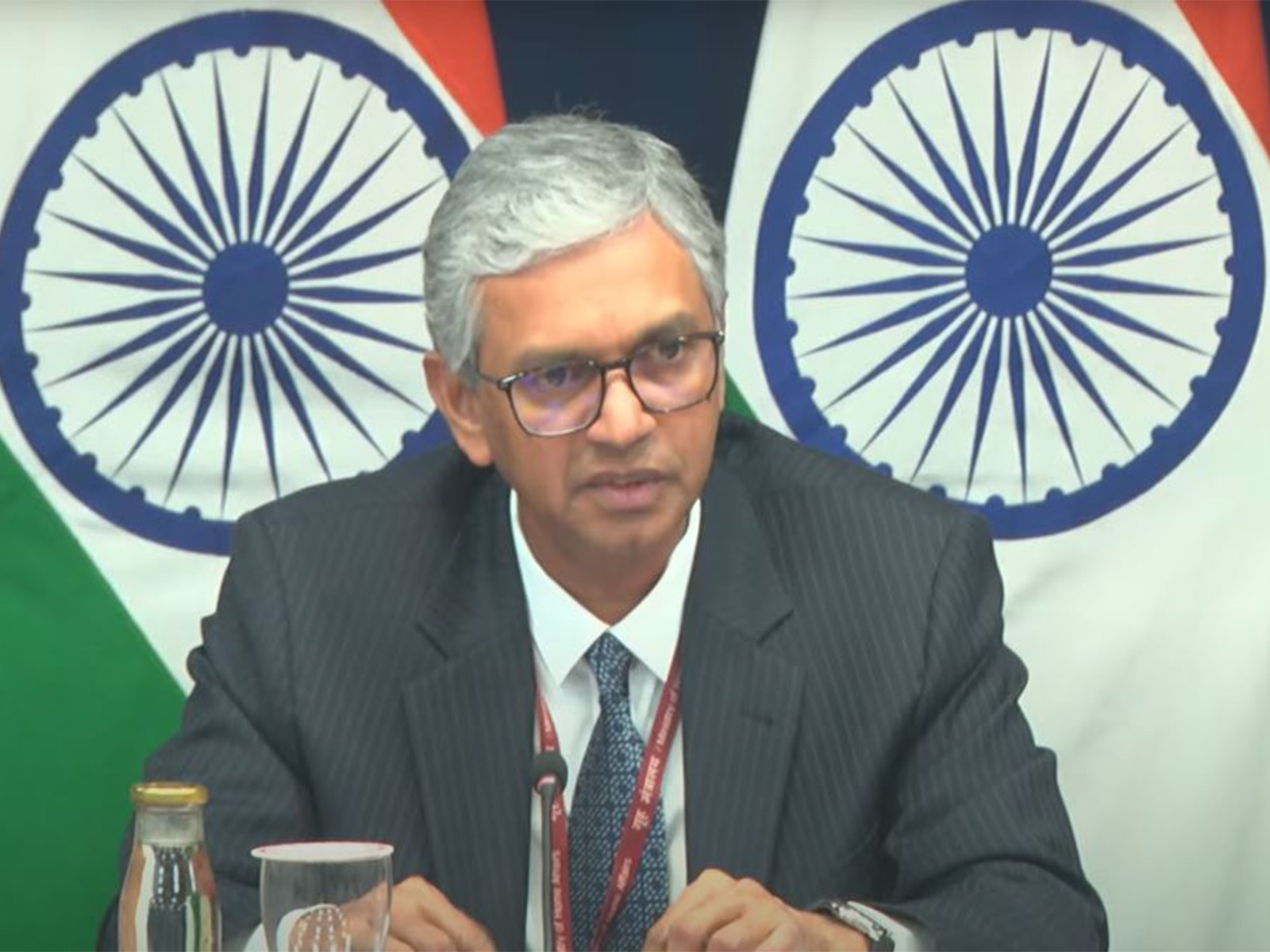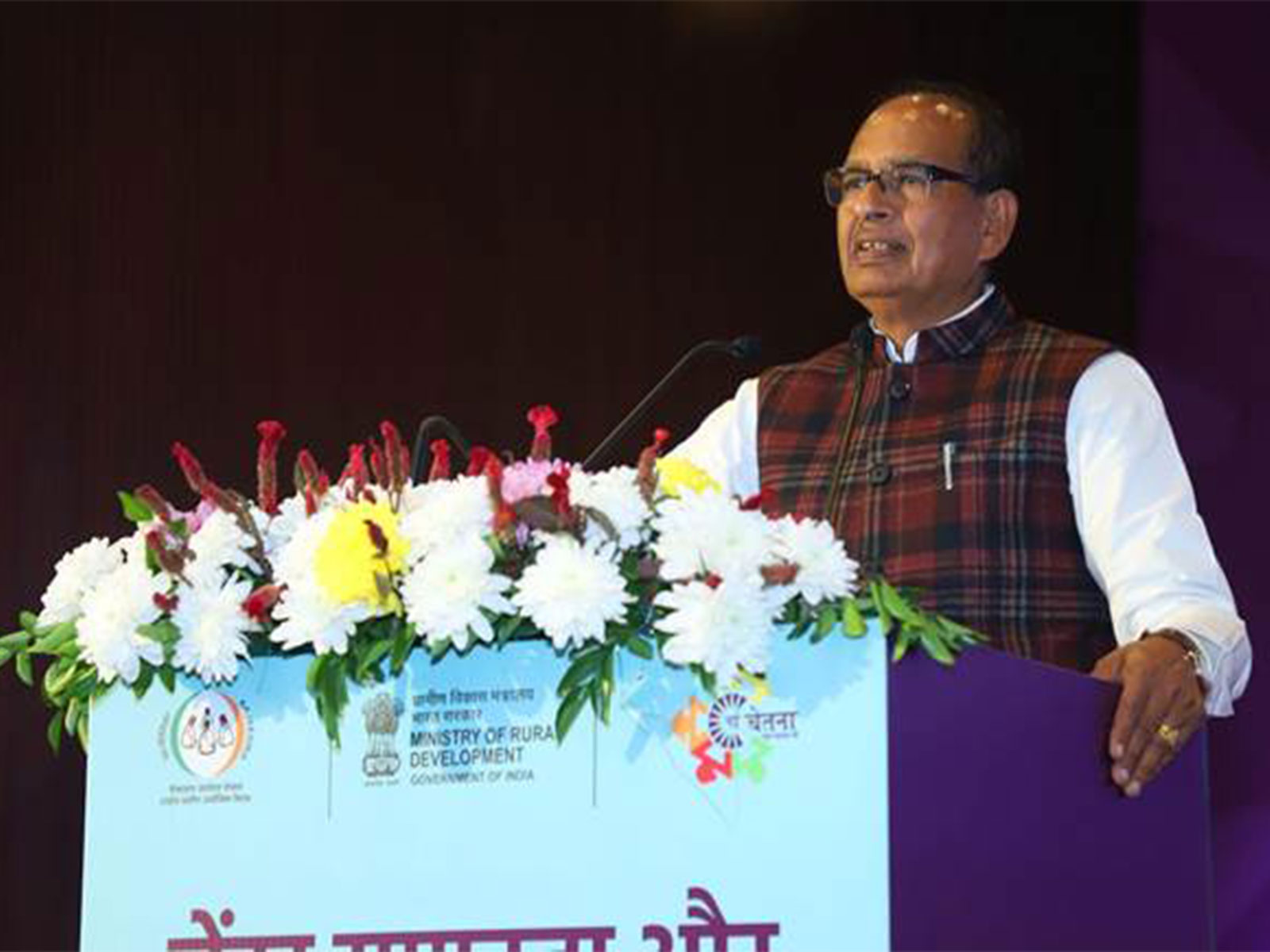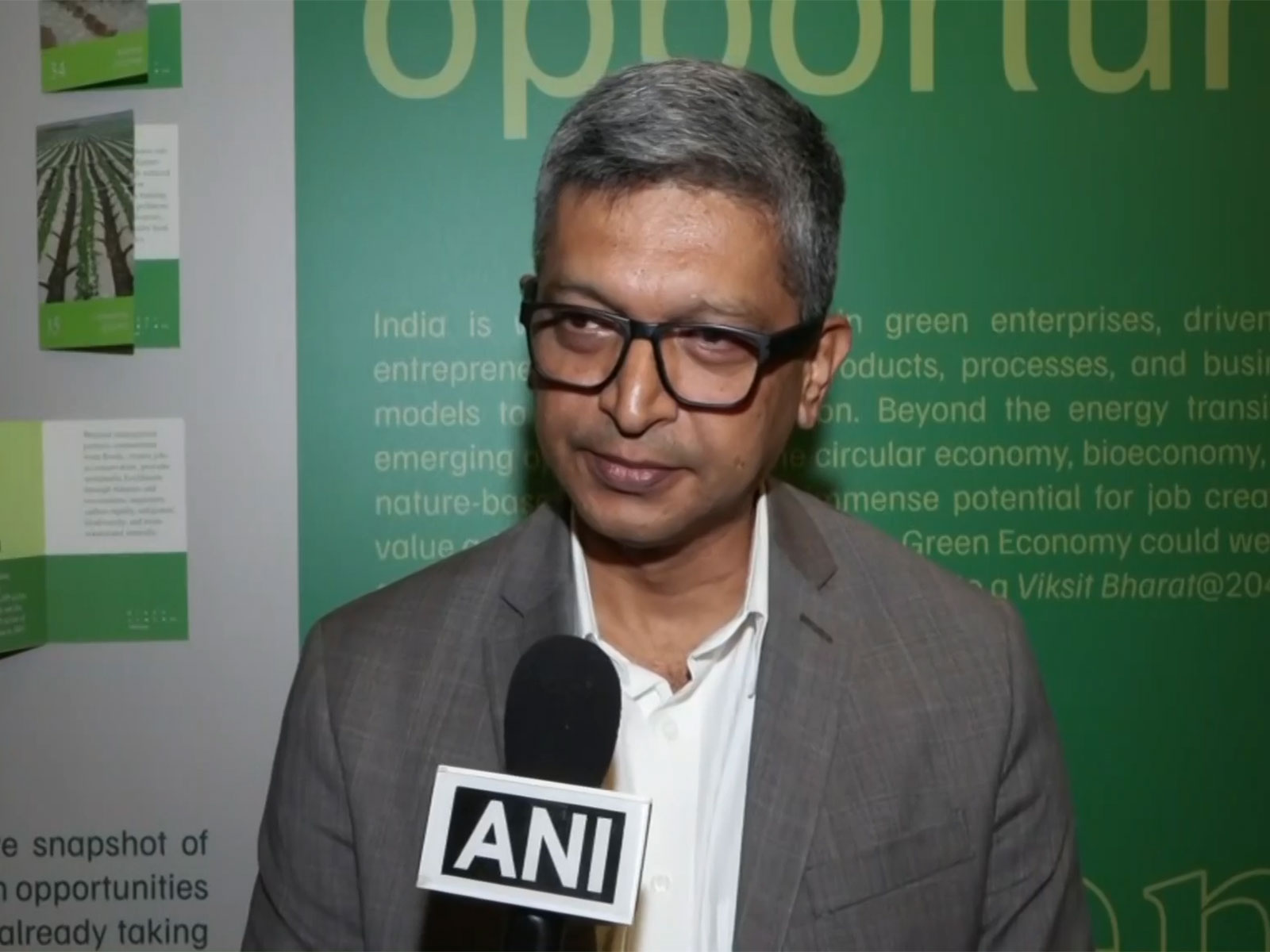
Circular economy to outpace decarbonisation in India's green job surge: Tata Sons
Nov 26, 2025
By Kaushal Verma
New Delhi [India] November 26 : India's transition to a green economy is set to unlock unprecedented employment opportunities, with circular economy and biodiversity-focused initiatives poised to generate more jobs than conventional decarbonisation pathways, according to Chacko Thomas, Chief Sustainability Officer at Tata Sons.
Speaking to ANI on the sidelines of the National Green Economy Conclave in New Delhi on Wednesday, Thomas highlighted findings from a newly released CEEW report that projects the scale of green jobs required for a Viksit Bharat 2047. "The number of jobs that would be created from the green economy sectors is tremendous," he said.
"People naturally assume decarbonisation gives you the maximum jobs. It's quite interesting--it's actually the circular economy and the nature and biodiversity pillars that will create more and more jobs."
Thomas explained that areas such as waste recycling, battery recovery, resource circularity and nature-restoration activities will become significant employment engines as industries shift to sustainable models.
With rising urban consumption, rapid electrification and a growing focus on resource efficiency, he said India is "at the tip of a great moment" where new green industries will simultaneously address environmental challenges and create livelihoods across skill levels.
Expanding green finance, particularly green bonds, remains an evolving area. Thomas said the instrument requires deeper collaboration with policymakers and private players before maturing into a mainstream financing channel.
"It needs a fair bit more conversation... it will take a little more time for it to come out as a reality," he noted.
On Delhi's air quality crisis, Thomas acknowledged the severity but emphasised that the transition away from polluting systems is well underway.
He pointed to strong momentum in clean electricity and mobility. "More and more investments are being made into renewable energy," he said, adding that the production of electric vehicles--especially two-wheelers--has witnessed a "phenomenal increase" and is beginning to outstrip internal combustion engine models. "Is it going to happen overnight? No. But the right ingredients are there."
Addressing the question of whether sustainability should be mainly funded through CSR, Thomas firmly disagreed. "You can actually marry both business and sustainability in the right way," he said.
"There are opportunities to build lasting businesses that are profitable and yet do good for the environment." He added that many companies and entrepreneurs are already developing strong green business models that operate independently of CSR budgets.
Tata Group is committed to achieving net zero by 2045, attaining water neutrality, and becoming a nature-positive leader through group-wide action. "These commitments are made with the clear understanding that across diverse businesses, we must take forward actions that benefit both the environment and society," he said.
With India's green economy expanding rapidly and new sectors emerging, Thomas said the circular economy and biodiversity-led approach will define the country's next wave of economic growth. As the nation moves toward Viksit Bharat 2047, he said "exciting times" lie ahead for job creation, innovation and sustainable industry development.
